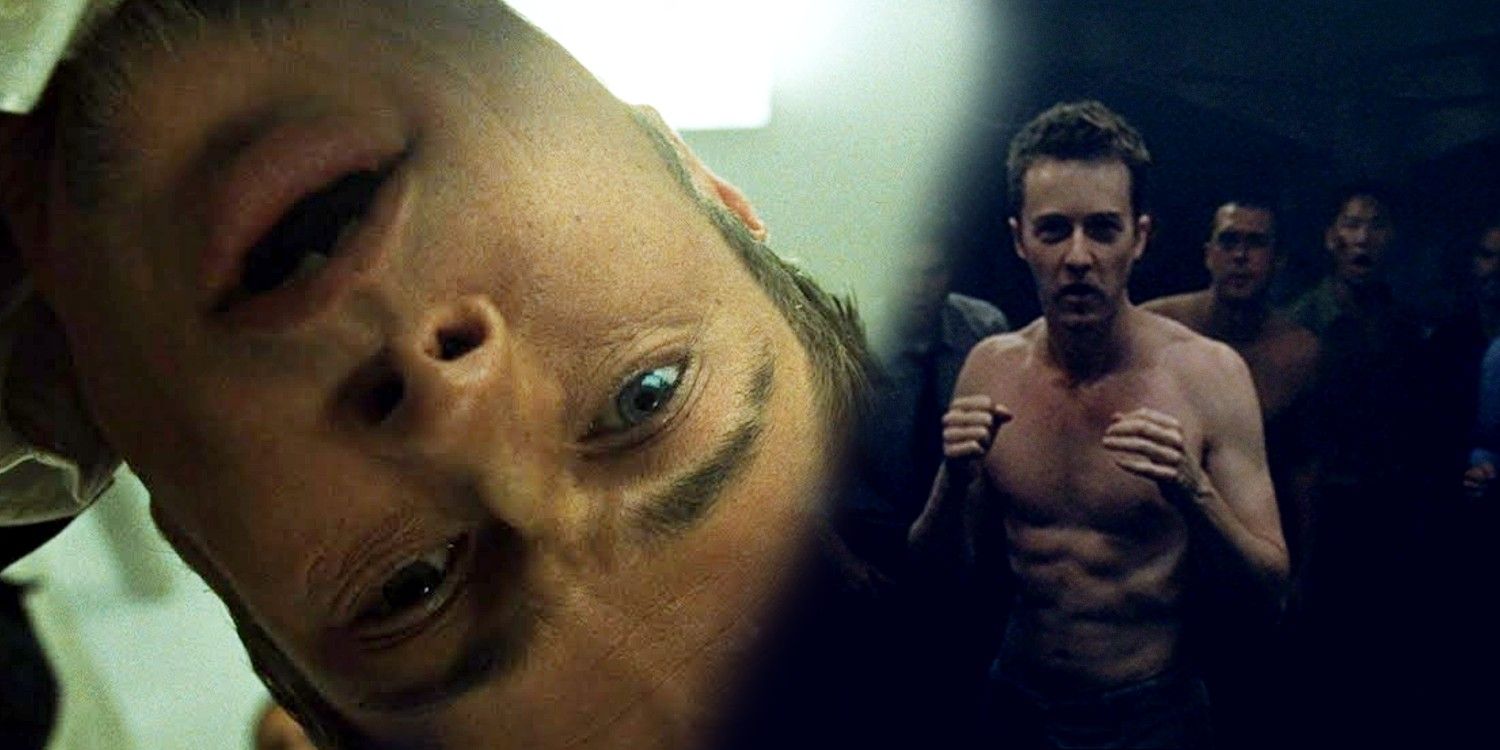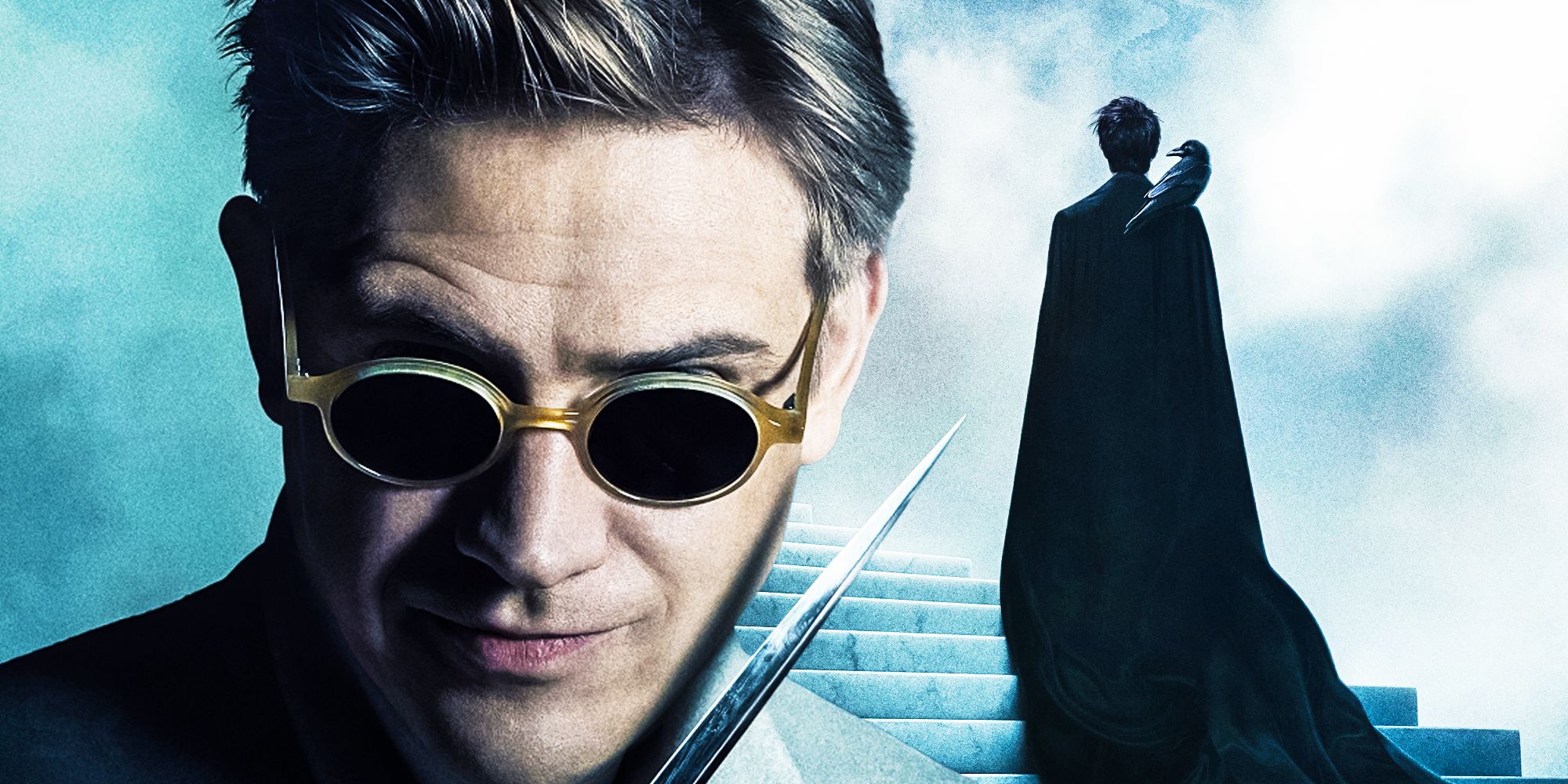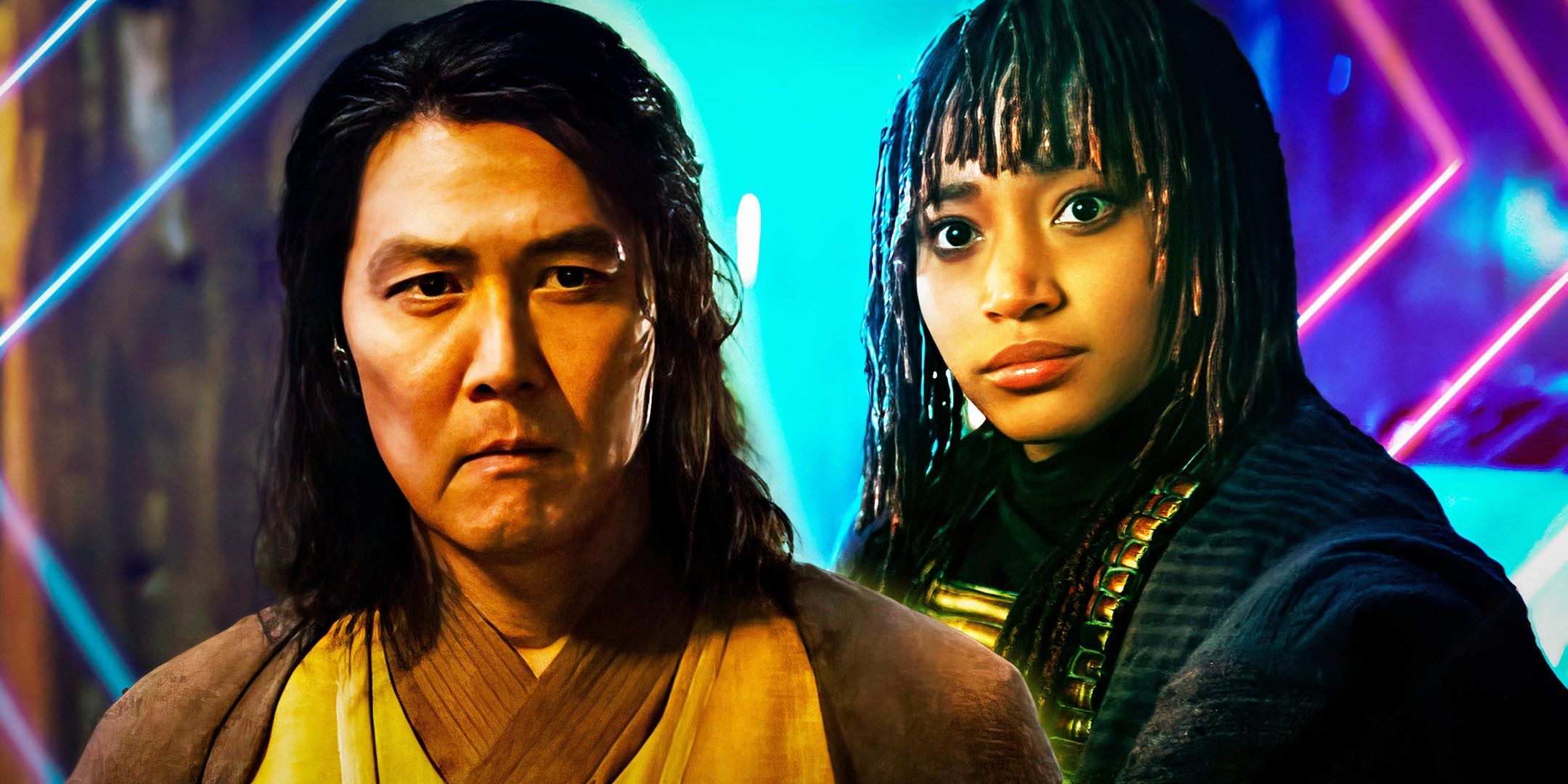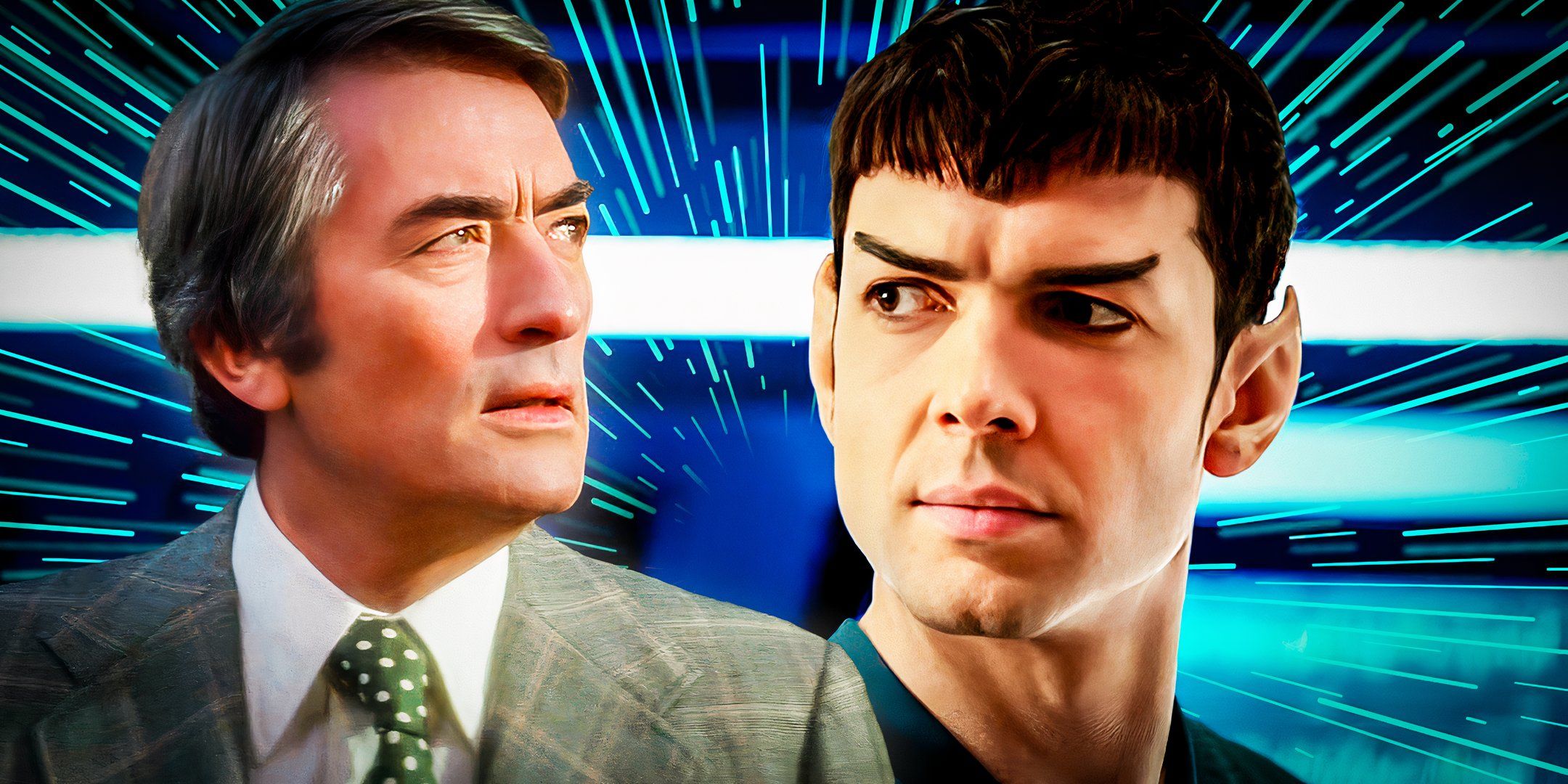Most TV shows find a winning formula and stick to it, but some benefit from changing their approach and abandoning their original premises. If a show just isn’t working, it takes a lot of guts to reinvent it and bring it into uncharted territory, but sometimes that’s precisely what’s needed. Plenty of TV shows have changed completely and become much more interesting as a result.
Ignoring the original concept of a show is a big risk, as it could upset the fan base. There have been many examples of shows changing for the worse, simply because they wanted to stay relevant, or they run out of ways to work within the confines of their setting. However, a select few TV shows have gambled and won, switching their premise and becoming much better in an instant.
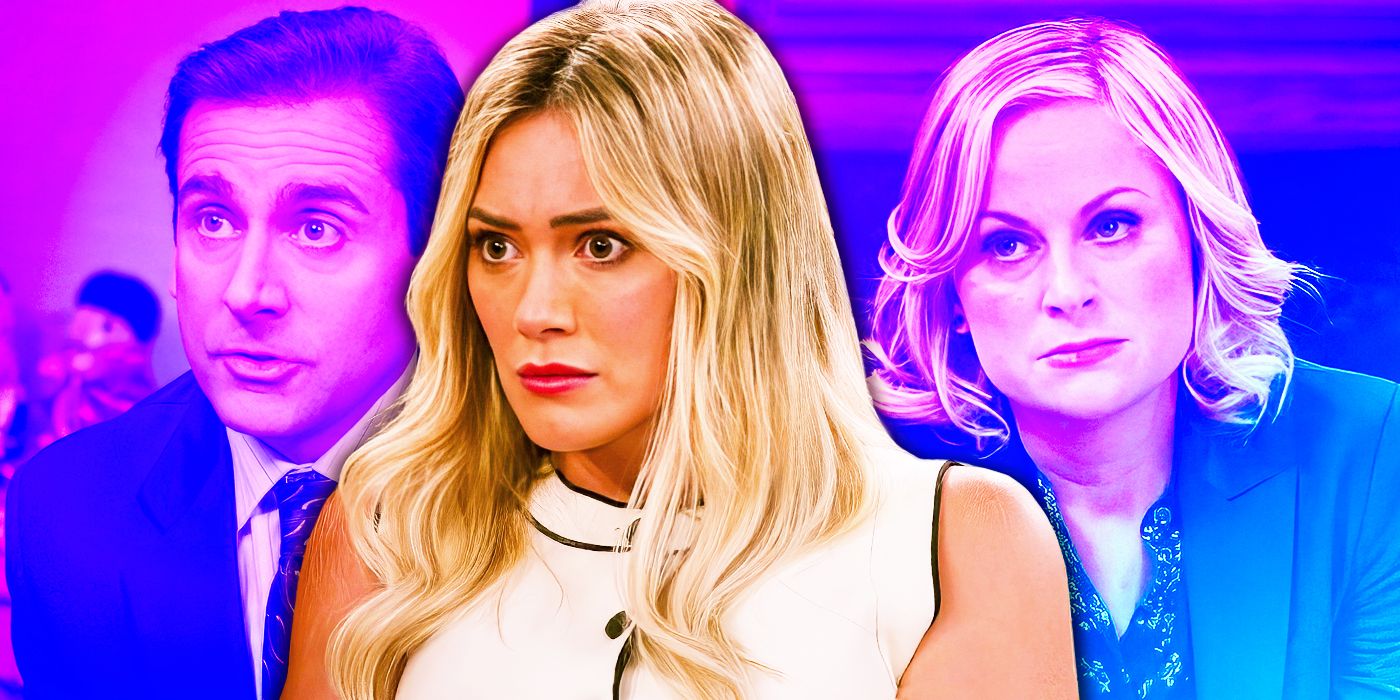
Related
How I Met Your Father & 9 Other TV Shows That Got Better In Season 2
With How I Met Your Father’s improved sophomore season, it’s worth recalling other TV series that overcame middling debuts to become great shows.
8 American Dad (2005-)
Seth McFarlane’s Family Guy follow-up moved from political satire to sci-fi adventures
American Dad started out as a political satire centered around Stan’s relationship with Hayley. Stan was a staunch, rule-of-law conservative who worshiped Ronald Reagan and God in equal measure, and Hayley was a bleeding-heart liberal whose half-baked political ideology boiled down to whatever allowed her to get high in her boyfriend’s van. They were both wrong about almost everything in their own ways.
American Dad‘s best seasons all came after the show dropped this original premise and leaned into sci-fi adventures based on Stan’s access to CIA technology and Roger’s many personalities. Roger wouldn’t even leave the Smith family house in the first season, which restricted his potential far too much. Once he figured out he could be anyone he wanted to be, the show took more risks.
7 Search Party (2016-2022)
At times, the title of Search Party barely applied to the show at all
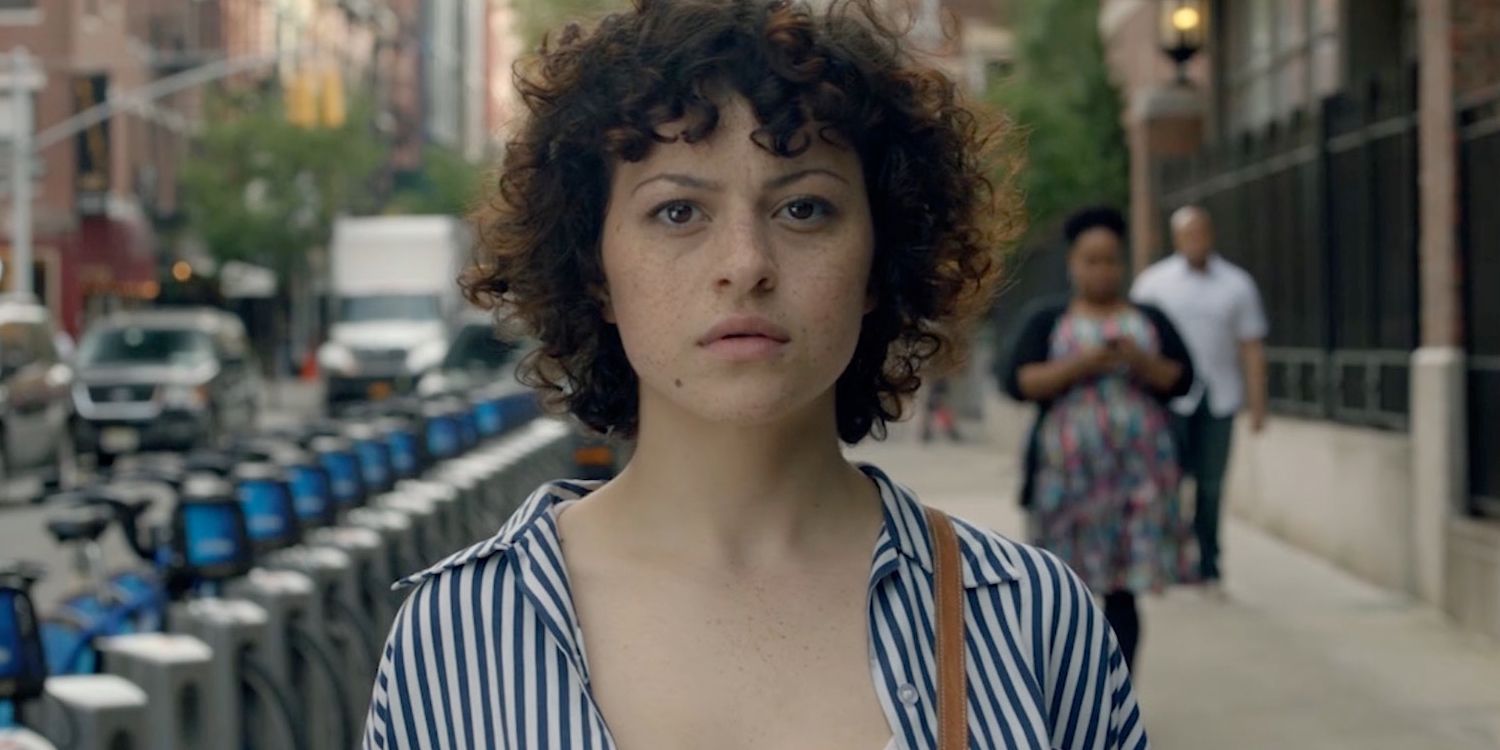
The first season of Search Party stays true to the show’s premise. Dory sets out to find Chantel Witherbottom after she is reported missing, and she drags her friends along to help her with the investigation. It’s a compelling mystery drenched in dark humor, but not one that was set up to last for multiple seasons. Every following season of Search Party takes Dory and her friends to bizarre new places, stemming from their search for Chantel.
Season 2 sees the friends trying to cover up a murder, and season 3 follows the trial when they are unsuccessful. From here, the show takes even more unexpected twists, with Dory becoming a cult leader seeking transcendental enlightenment, and being kidnapped by an obsessive stalker. The only constant throughout Search Party is the key characters, but the unpredictability is one of the show’s greatest strengths.
6 Foyle’s War (2002-2015)
The British detective drama became an equally compelling spy drama
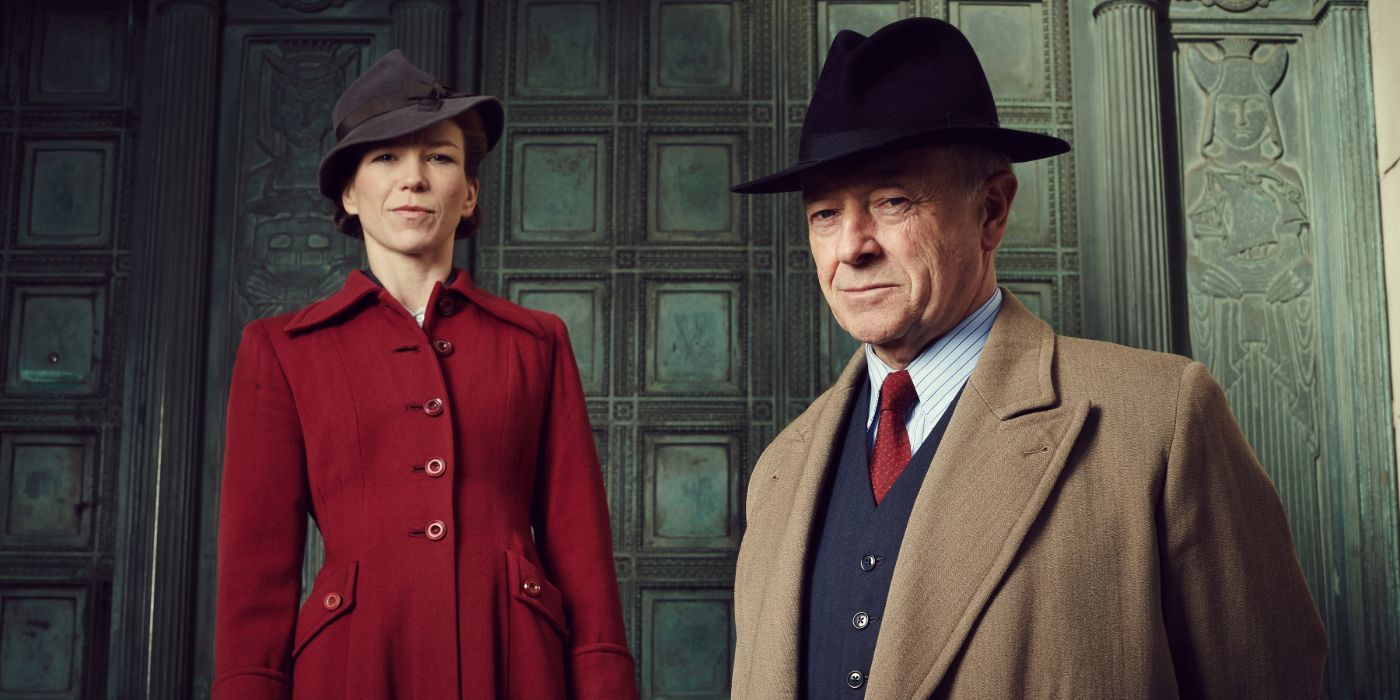
Created by British crime writer Anthony Horowitz, Foyle’s War follows Detective Christopher Foyle during the Second World War as he investigates murder, black market activity, and other crimes on the home front. The first six seasons follow the same format, with Foyle dishing out justice when criminals seek to capitalize on the confusion and disarray caused by the war, but after the war ends, Foyle starts working for MI5.
During the early years of the Cold War, Foyle gathers information for British Intelligence. He uses his detective skills to uncover treachery within the government and solve perplexing mysteries featuring other spies from across Europe. Each episode of Foyle’s War is roughly 90 minutes long, and they can be viewed as great standalone movies with very little context required.
5 The Good Place (2016-2020)
Eleanor and her friends didn’t spend long in the Good Place
Season 1 of The Good Place ends with a shocking twist, but this forced the show to find an entirely new angle. If Eleanor and the gang had stayed unaware of Michael’s ruse for longer, the show could have wrung a few more seasons out of the premise of bad people struggling in a chaotic afterlife, but The Good Place grew in ambition with each season.
The Good Place dealt with complex philosophical themes of free will versus determinism, what it means to be a good person, and many more. As the characters leave Michael’s phony Good Place, they embark on a journey to restructure the moral scoring system which underpins the fate of every human soul. This opens the show up to interesting new settings, and it offers more scope for deeper dives into philosophy.
4 Russian Doll (2019-2022)
Natasha Lyonne found a more original way to portray the cyclical nature of life
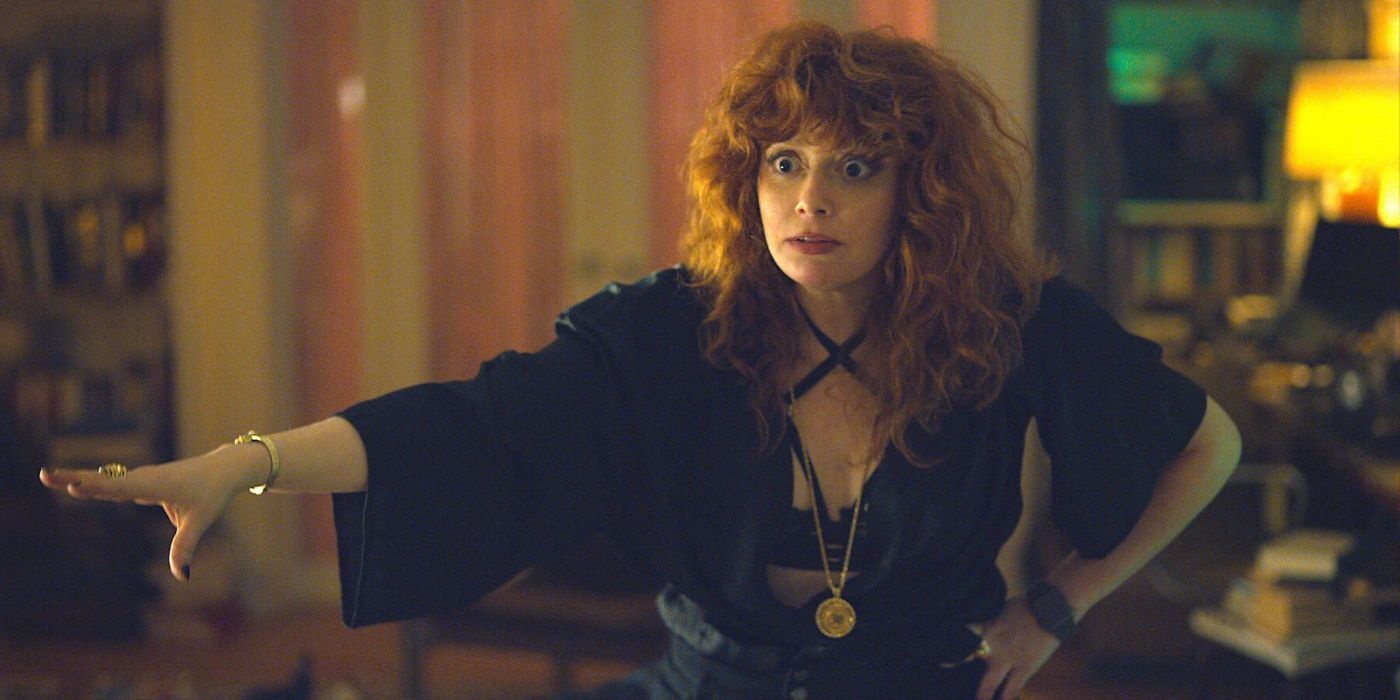
Season 1 of Russian Doll drew plenty of Groundhog Day comparisons, with Natasha Lyonne’s Nadia forced to live the same day over and over again. The time loop subgenre has been done to death already, and Russian Doll didn’t add enough of a unique twist to justify rehashing old ideas. The hilarious writing and Lyonne’s performance make the show worth watching, but it couldn’t have sustained another season.
Season 2 also sends Nadia into a strange temporal anomaly, but this time she is sent back to 1982 where she lives as her mother, and the lines between fact and fantasy start to blur. Season 2 offers a more trippy and original concept, with Nadia’s actions breaking time. Russian Doll season 3 could go in any direction, although it won’t arrive any time soon.
3 Schitt’s Creek (2015-2020)
The Rose family blended in more with the inhabitants of Schitt’s Creek
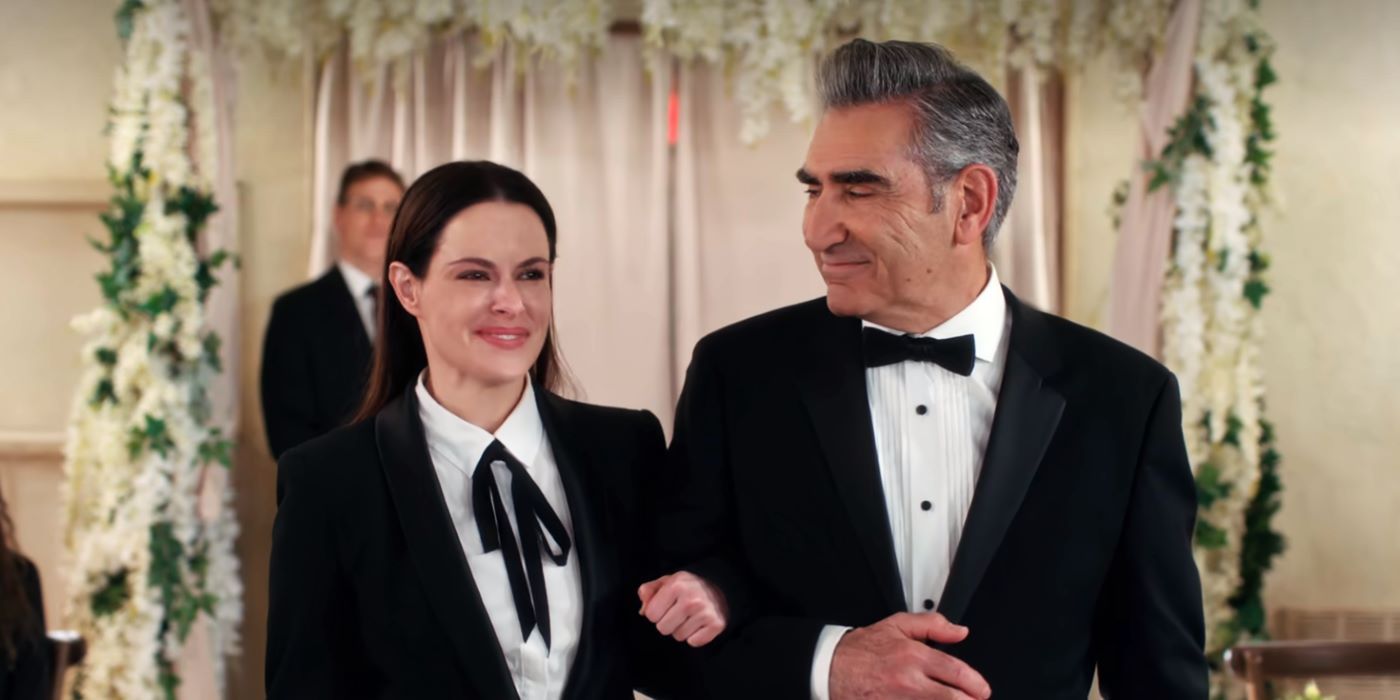
The only reason the Rose family move to Schitt’s Creek after being swindled of their fortune is that Johnny bought the town for David as a gag gift. However, the show soon downplays the fact that the Rose family are the town’s owners. Had the show stuck by this concept, there would have been an awkward power dynamic between the Roses and the rest of the townspeople.
With the initial premise forgotten about, the Roses were free to mingle with the inhabitants of Schitt’s Creek as equals, even if they often bought into their own pompous sense of superiority in the earlier seasons. It’s hard to imagine Johnny and Roland becoming such good friends if they had been in constant competition as the mayor and owner of Schitt’s Creek.
2 Veep (2012-2019)
Veep ditched the Vice President concept and followed Selina Meyer’s pursuit of power
When Armando Iannucci decided to take on American politics after the success of his British show, he zeroed in on the peculiar position of Vice President. There is no real British equivalent for the Vice President, a highly public second-in-command usually selected from the pool of presidential election losers. It’s a strange consolation prize which caught Iannucci’s attention, but Veep got much better once it moved away from this concept.
Selina Meyer starts out as the Vice President, but then she becomes President, loses a re-election campaign, and ultimately claws her way back to the top. Veep broadens its scope to encompass American politics as a whole. Selina’s ruthless ambition draws in a crowd of cynical sycophants, and Veep‘s best secondary characters don’t show up until long after she has embarked on her political journey.
1 New Girl (2011-2018)
Jess stops standing out and becomes just another dysfunctional roommate in the loft
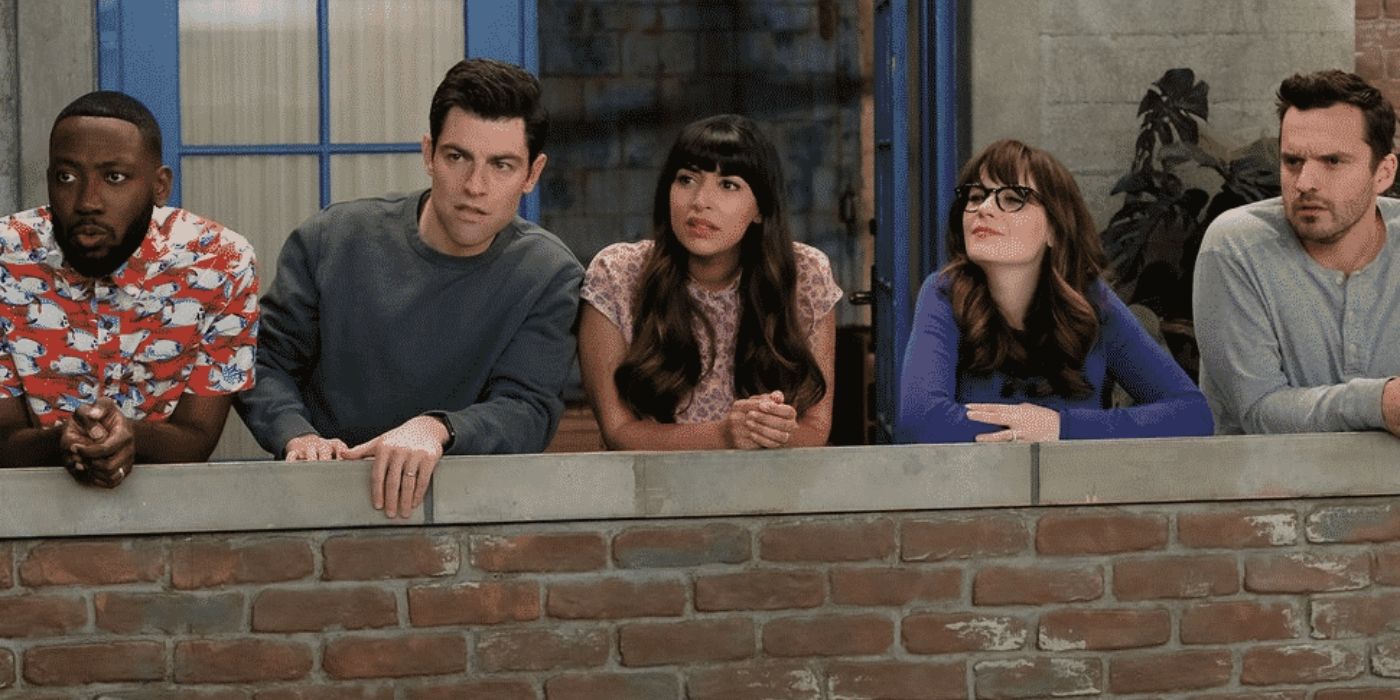
New Girl was first based on the idea of a dorky woman moving into an apartment with three men. In season 1, the men find it hard to adapt to living with Jess, unsure of how to modify their behavior in the presence of their new roommate, but Jess couldn’t be new forever, so the show had to evolve.
The great chemistry of the cast meant that the show forgot its original premise and instead focused on the friends getting into all sorts of comic misadventures together, like a standard apartment-share sitcom. Jess’ character changed to fit in with her roommates a little easier, and New Girl‘s best episodes usually focus on the group’s raucous new dynamic. New Girl had a fun premise to begin with, but it couldn’t last long.
